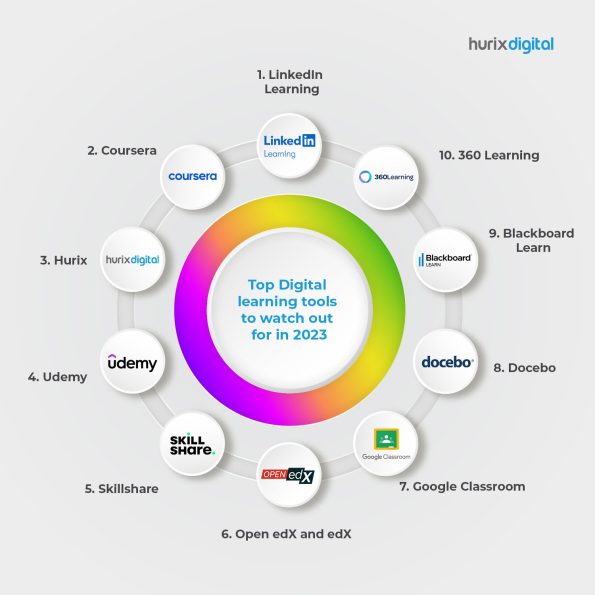Top Education Research Topics for 2025: Shaping the Future of Learning
As we look ahead to 2025, the education sector is undergoing significant transformations driven by technological advancements, changing societal needs, and evolving teaching methods. Education research topics are vital in understanding these changes and finding solutions to the challenges faced by students, teachers, and institutions. With the rise of new technologies such as artificial intelligence, virtual reality, and personalized learning, researchers are exploring topics that will shape the future of education. Whether you are an educator, researcher, or policymaker, staying informed about the top education research topics for 2025 is crucial for staying ahead in the field. This article highlights key research areas that are expected to dominate the educational landscape in the coming years.
The Role of Artificial Intelligence in Personalized Learning
Artificial Intelligence (AI) is rapidly transforming the education sector by enabling personalized learning experiences for students. Researchers are exploring how AI can tailor educational content to meet the unique needs and learning styles of individual students. AI-powered tools can analyze a student’s performance, identify areas of improvement, and provide customized resources or activities to enhance learning. This research is vital as it explores ways to make education more efficient and accessible, ensuring that all students, regardless of their background, receive the support they need to succeed. Understanding how AI can be integrated into classrooms and curricula will be a major focus of education research in 2025.
The Impact of Virtual and Augmented Reality on Education
Virtual Reality (VR) and Augmented Reality (AR) are increasingly being used to create immersive learning environments that engage students in new and exciting ways. Research on VR and AR in education focuses on how these technologies can enhance learning experiences, particularly in subjects like science, history, and art. By allowing students to explore virtual worlds, interact with 3D models, or participate in simulations, VR and AR offer a hands-on approach that traditional classrooms cannot. These technologies also provide opportunities for students with disabilities or those in remote locations to experience environments they would otherwise not have access to. Research into VR and AR’s potential will continue to be a significant topic in education through 2025 and beyond.
Addressing the Digital Divide and Promoting Educational Equity
As education increasingly moves online, addressing the digital divide has become a crucial research topic. The gap between students who have access to reliable internet, devices, and digital resources and those who do not can hinder educational opportunities. Research on this topic focuses on identifying ways to bridge this gap, ensuring that all students, regardless of their socioeconomic background, have equal access to quality education. Topics under this area include affordable internet access, providing devices to underserved communities, and the development of low-cost educational tools. By addressing the digital divide, researchers aim to ensure that technological advancements in education benefit everyone, not just those in privileged positions.
The Future of Teacher Training and Professional Development
In 2025, the role of the teacher will continue to evolve as new technologies and teaching methods are introduced. Research in this area focuses on how to prepare educators for these changes and ensure they have the skills necessary to effectively integrate new tools and strategies into their teaching. Professional development programs are being designed to focus not only on technology skills but also on fostering critical thinking, creativity, and emotional intelligence in educators. This research aims to develop more effective teacher training programs that equip teachers with the tools they need to meet the demands of modern classrooms. Research on this topic will play a pivotal role in shaping the education workforce of the future.
Mental Health and Well-Being in Education
As awareness of mental health grows, it has become a significant focus in education research. The mental well-being of students and educators is now recognized as essential for successful learning and teaching. Research in this area focuses on how schools can better support mental health by integrating wellness programs, providing counseling services, and fostering environments that reduce stress and anxiety. Furthermore, the impact of technology on mental health, both positive and negative, is also a key research topic. By understanding how to create supportive and mentally healthy learning environments, researchers aim to improve the overall educational experience for everyone involved.
Frequently Asked Questions (FAQs)
1. How is AI transforming personalized learning in education?
AI enables personalized learning by analyzing students’ strengths and weaknesses and tailoring educational content to suit their individual needs, helping them learn more effectively.
2. What impact do VR and AR have on education?
VR and AR create immersive learning environments that enhance engagement, provide interactive experiences, and offer hands-on learning opportunities in subjects like science and history.
3. How can we address the digital divide in education?
Research is focused on providing affordable internet access, distributing devices to underserved communities, and developing low-cost educational tools to ensure equal opportunities for all students.
4. What does the future of teacher training look like?
The future of teacher training focuses on integrating technology into classrooms, fostering critical thinking, creativity, and emotional intelligence, and preparing teachers for the evolving demands of education.
5. Why is mental health research important in education?
Mental health research is crucial for creating supportive learning environments that promote the well-being of students and educators, ensuring a positive and productive educational experience.
